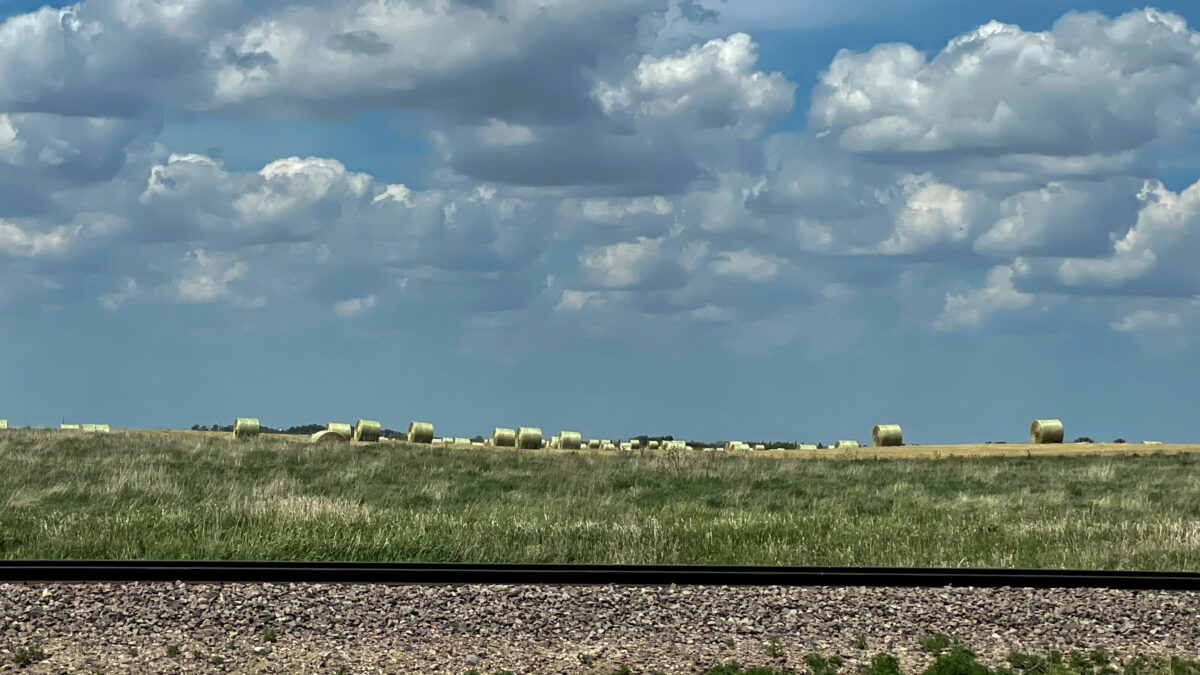Farm Bureau Alerts Senate Task Forces to Farmers’ Tax Extender Priorities
TOPICS
Tax CreditsErin Anthony
Director, Communications

photo credit: Alabama Farmers Federation, Used with Permission
Erin Anthony
Director, Communications
In a series of letters to members of the Senate Finance Committee, the American Farm Bureau Federation called for long-term certainty on tax incentives related to renewable fuel and energy and railroad track maintenance. The organization also called for the repeal of the Health Insurance Tax.
In May, leaders of the Senate Finance Committee announced the formation of several bipartisan task forces to examine 42 temporary tax provisions that expired or will expire between Dec. 31, 2017, and Dec. 31, 2019.
The Finance Committee’s Health Task Force is charged with finding solutions to provide long-term certainty to temporary tax provisions related to health, including the HIT, which increases health insurance costs for farmers, ranchers and other small businesses by imposing a levy on health insurance companies that is passed along to consumers. While the 2019 moratorium is temporarily buffering health insurance costs for one year, the HIT will drive up premiums in 2020.
“Rural residents already encounter barriers that limit their access to the health care they need. Allowing the HIT to make health care insurance more expensive will make it even more difficult for farmers and ranchers to purchase coverage for themselves, their families and their employees,” American Farm Bureau Federation President Zippy Duvall said in a letter to the Health Task Force. He asked the task force members to recommend repeal of the HIT, and until that can be accomplished, Duvall asked the lawmakers to recommend suspending the HIT for 2020 and 2021.
In a letter to the Energy Task Force, Duvall explained that renewable energy production helps farmers and ranchers expand markets for their products.
“In addition, all citizens, including farmers who are large energy consumers, benefit when our nation reduces its dependence on volatile international oil markets,” Duvall wrote, encouraging the lawmakers to recommend the extension of tax incentives for biodiesel and renewable diesel; second-generation biofuel; alternative refueling property; and electricity produced from wind and biomass.
Urging the members of the Cost Recovery Task Force to recommend making the railroad track maintenance tax credit permanent, Duvall wrote, “Short line railroads are first- and last-mile carriers that connect small towns, farms and factories to the national rail network, creating jobs and stimulating economic growth in thousands of local communities.”
Trending Topics
VIEW ALL